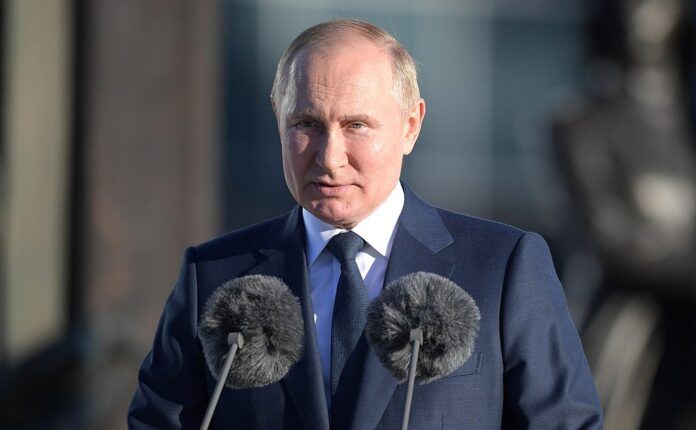In an unexpected diplomatic shift, Slovak Prime Minister Robert Fico recently travelled to Moscow to meet with Russian President Vladimir Putin, marking a rare moment of engagement between a European Union leader and Russia amidst the protracted Ukraine conflict. This visit is emblematic of a potential recalibration in European diplomatic strategies towards Russia, presenting both opportunities and challenges.
The context of this meeting rests on the broader geopolitical climate defined by stringent EU sanctions and firm stances against Russian actions in Ukraine. Slovakia’s move might signal an intent to either establish itself as a mediator or reflect alternative diplomatic pathways that could influence intra-EU cohesion regarding policy toward Russia.
Historically, Slovakia, while a NATO and EU member, has maintained pragmatic bilateral relations, occasionally contrasting with EU’s collective actions towards Moscow. Fico’s approach echoes traditional Slovak foreign policies fa favouring balanced diplomacy and pragmatic engagements with eastern neighbors.
Embed from Getty ImagesThis diplomatic engagement attracts diverse interpretations. Proponents suggest Slovakia’s dialogue aims to initiate trust-building processes essential for any future peace discussions between Ukraine and Russia. Critics, however, view it as undermining EU’s consolidated efforts, potentially sending mixed signals about Europe’s stance on Russian aggression.
Within Slovakia, internal politics and energy considerations are believed to drive this diplomatic gesture. Slovak leadership recognizes the importance of energy security and the complexities involved, given the country’s historical dependence on Russian gas. Thus, part of this engagement likely seeks to secure long-term energy supplies and exploration of socio-economic partnerships.
The implications of Fico’s visit extend beyond Slovak borders, prompting other EU nations to reevaluate their diplomatic strategies with Russia. It challenges the EU to reassess its unified front, raising questions about the future of sanctions and collective policy decisions.
Moving forward, the outcome of this diplomatic encounter remains crucial. Observers argue the need for transparent and strategic communications to avoid misconceptions and maintain EU unity while exploring potential diplomatic resolutions. Such engagements highlight the importance of nuanced diplomacy in contemporary international relations, where a single dialogue can reverberate across multiple domains.
As the situation unfolds, Slovakia’s diplomatic choices will serve as a litmus test for Europe’s adaptability in managing complex geo-strategic relationships, emphasizing the fine line between national interests and regional solidarity.
Perspectives
• Perspective 1: Supporters of Fico’s visit to Moscow, as discussed by Slovak Spectator and the Russian International Affairs Council, interpret it as a pragmatic step reflecting Slovakia’s strategic interest in diverse diplomatic relationships. They argue that Slovakia aims to play a constructive, possibly mediating role between Russia and the EU, advocating for dialogue that could lead to a phased resolution to ongoing conflicts. According to proponents, such interactions do not necessarily reflect dis sent from EU policies but embody the finesse required to maintain open channels crucial for diplomatic negotiations.
Sources:
THE SLOVAK SPECTATOR
• Perspective 2: Critics from the EU Watch and European Policy Centre suggest that Slovakia’s independent diplomacy may challenge EU cohesion, undermining sanctions and unified stances on Russian interactions. These perspectives highlight the potential risks of yielding mixed signals at a time when a strong, united European response is deemed crucial. Critics argue that such diplomatic endeavours may inadvertently embolden Russia, drawing parallels to past appeasement scenarios that could weaken collective European resolve.
Sources:
EPC
JSTOR
• Perspective 3: Energy experts from the Oxford Institute for Energy Studies and Bloomberg News examine the economic imperatives that may underlie Slovakia’s diplomatic manoeuvres. These perspectives suggest that energy security concerns, particularly regarding gas supplies, are fundamental to Slovakia’s approach, seeking to secure stable resources amid the volatile European energy market. Analysts emphasize that while geopolitical considerations loom large, energy dynamics provide a compelling case for Slovakia’s overtures toward Russia, as energy partnerships historically shape bilateral relations amidst geopolitical tensions.
Sources:
BLOOMBERG
